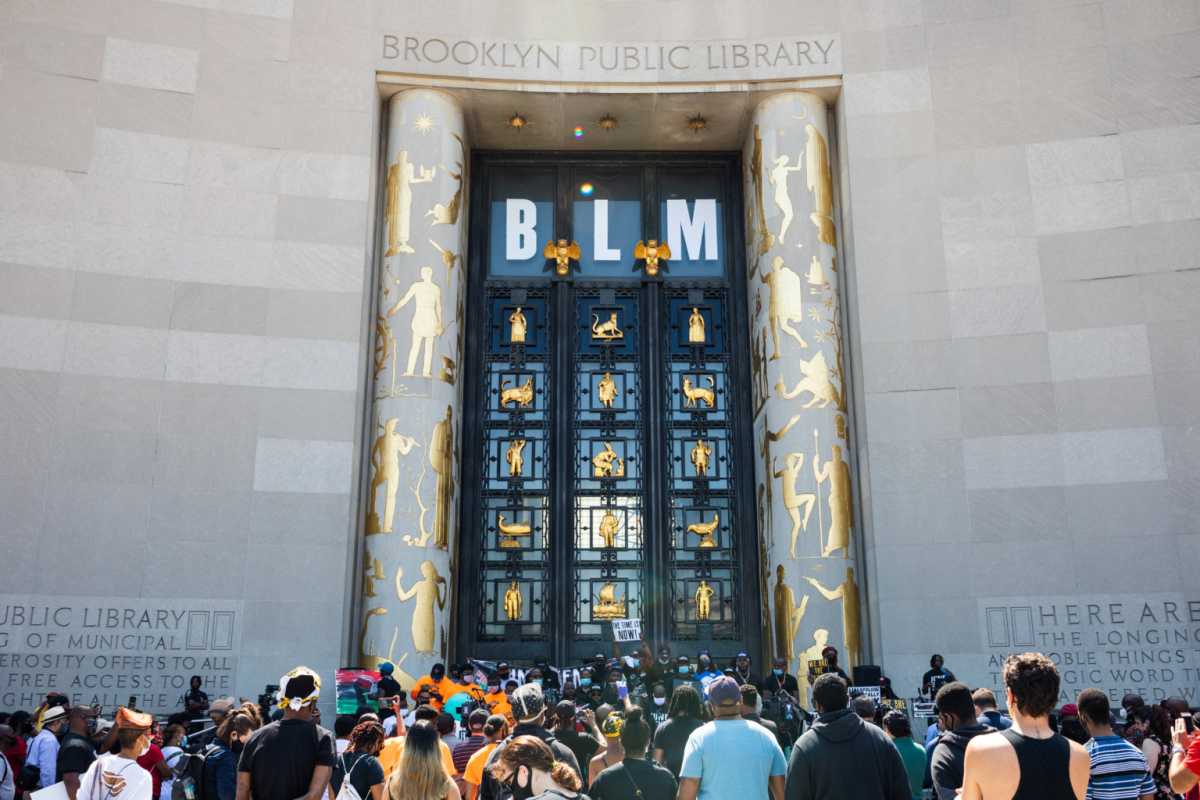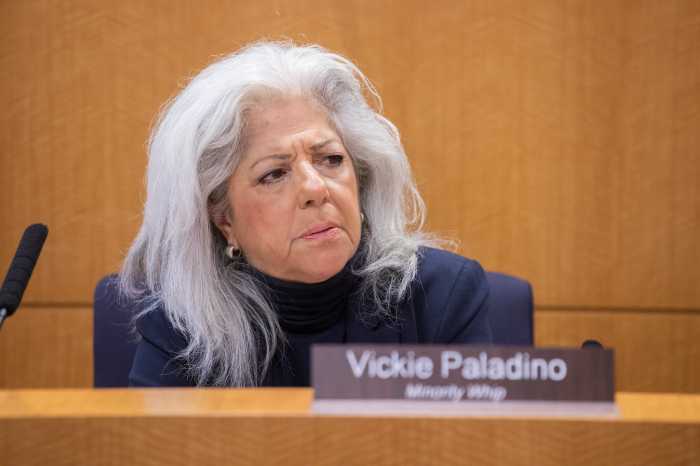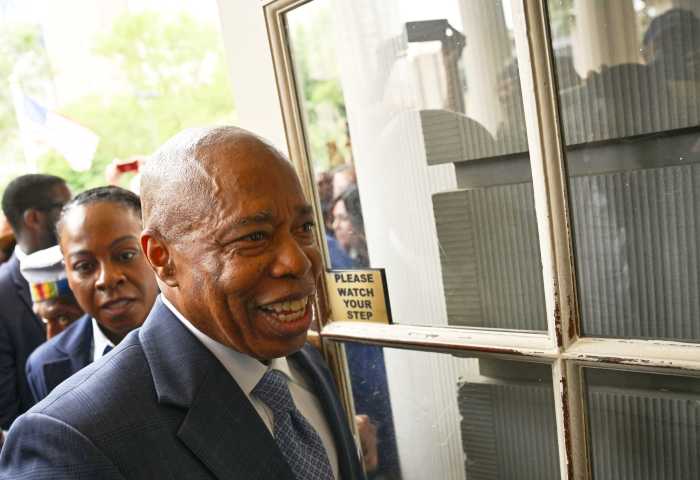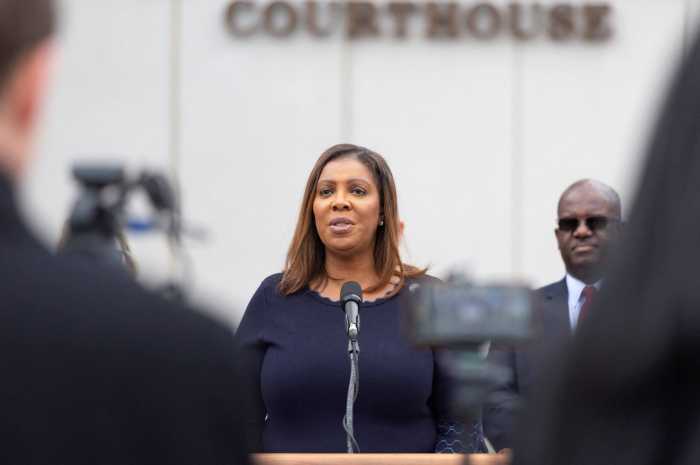On Tuesday, Mayor Bill de Blasio named the team that will comprise the city’s groundbreaking Racial Justice Commission poised to specifically combat structural and institutional racism by examining the New York City Charter.
“We haven’t had before, and it’s become clear to me, is a vehicle of getting to the root causes. For really identifying institutional and structural racism and weeding it out,” said de Blasio in his March 23 morning briefing at City Hall.
De Blasio, and his wife Chirlane McCray, kickstarted the idea for a racial justice commission about 9 months ago in response to Juneteenth celebrations and the resounding Black Lives Matter movement.
“Some of the changes might be achievable by policy or by actions we take in budgets, but some of them can only be achievable by changes in our laws. In fact by changes in our city’s constitution, our charter,” said de Blasio.
The 12-member commission will essentially absorb the duties of a charter revision commission and make amendments based on racial equity, representation, and access to opportunity.
De Blasio said the commission will have the power to determine if the city’s charter laws are exacerbating institutional racism at its foundation, and borrows its model from other nations also heavily impacted by racism and apartheid.
The City Charter is basically the city’s constitution that people can vote on in the form of questions on the ballot on Nov. 5. The charter defines the “organization, functions, and essential procedures and policies” of city government, and doesn’t technically have a permanent charter revision commission that offers proposals on what amendments to make to the charter.
The two most recent charter revision commissions were established in 2018 by de Blasio and 2019 through Local Law 91. All charter amendments proposed by these two commissions, such as Ranked Choice Voting, were voted on and adopted into laws. The two commissions disbanded after Election Day in 2018 and 2019, respectively.
The Racial Justice Commission members include Jennifer Jones Austin as Chair, Henry Garrido as Vice Chair, Anusha Venkataraman as Executive Director, and Phil Thompson, K. Bain, Ana Bermudez, Reverend Fred Davie, Lurie Daniel Favors, Darrick Hamilton, Chris Kui, Jo-Ann Yoo as members.
“We’re honored to serve on this critically important commission for reasons we all can appreciate, especially during this time in our nation where the evidence of historical and modern day racism are abound,” Austin said during the briefing. “Our desire to help reconstitute the city’s foundation to advance racial equity is heartfelt.”
Austin is also the CEO and Executive Director of the Federation of Protestant Welfare Agencies. She said, as the daughter of a civil rights leader, she was taught at an early age that the only way to rid society of racism is to “dismantle the system and structures that enable.”
Yesenia Mata, whose organization is based out in Staten Island, is one of the youngest members of the commission and the executive director of La Colmena.
“I am honored to be part of this bold initiative. Our city can truly be a beacon of opportunity for all New Yorkers regardless of race, gender, immigration status, religion, sexual orientation, and on,” said Mata in a statement. “But first, we need to gut out all the beams in our city’s bureaucracy that have supported racism and inequality. I will pull no punches when it comes to my work in this commission. I will confront every level of government, every agency, and every official to ensure we make New York City the city of the future that promises hope for all our residents.”




































